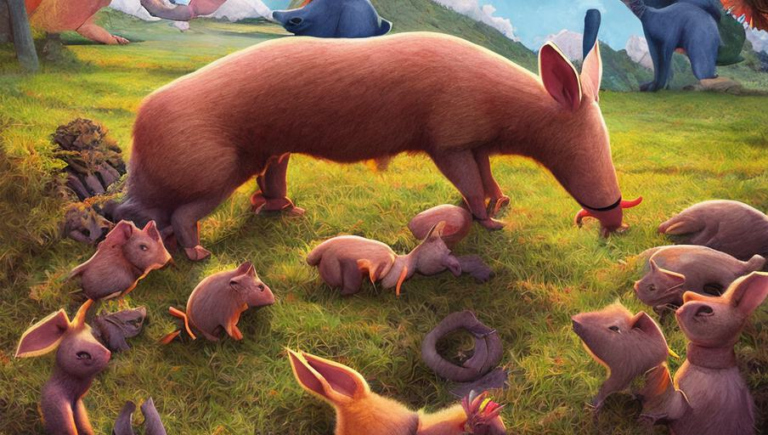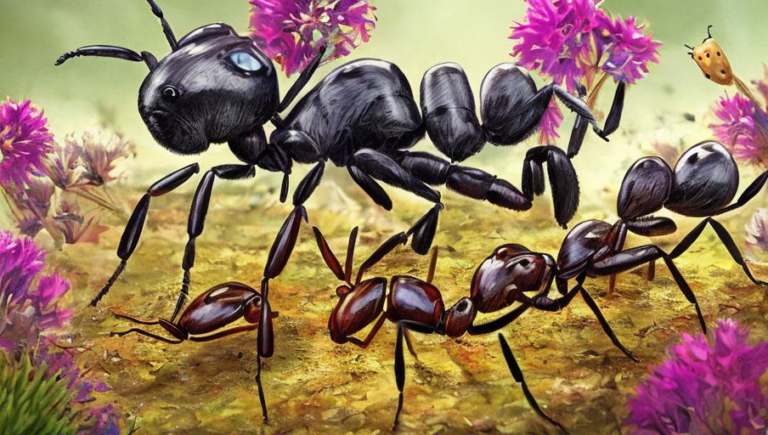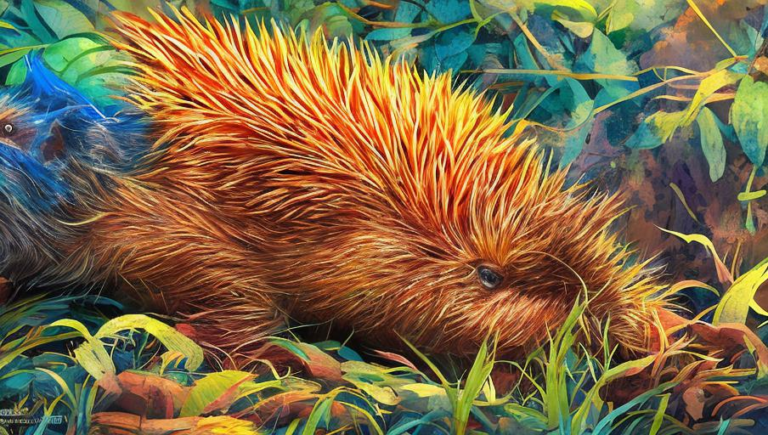Caring for Baboons: How to Create a Home for a Baboon in Captivity

Introduction
Baboons are highly intelligent primates, known for their strong social bonds and complex behaviours. They are found in the savannahs, grasslands, and forests of Africa and the Arabian Peninsula, and some species have even adapted to living in urban environments. Although living in the wild is the best option for baboons, some are kept in captivity for various reasons. For those who are considering creating a home for a baboon in captivity, there are some important things to keep in mind.
Housing
Baboons need plenty of space to move around and explore. The enclosure should be as large as possible, with a variety of vertical structures for them to climb, such as trees or poles. They should also have access to natural sunlight, fresh air, and plenty of shade. It is also important to provide enrichment items, such as toys and puzzles, to keep them occupied and stimulated. The enclosure should also be designed to ensure the safety of both the baboon and the caregivers.
Diet
Baboons are omnivores and they need a balanced, nutritious diet in order to stay healthy. A good diet should include a variety of fruits, vegetables, and protein sources such as eggs, insects, and small animals. It is important to provide them with foods that are suitable for their species and age, as well as foods that are safe for them to eat. It is also important to provide them with clean, fresh drinking water.
Socialization
Baboons are social animals and they need to be around other baboons to feel secure. They should be kept in groups of at least two or three in order to form strong social bonds. Baboons also need to be exposed to different people and environments in order to become comfortable with them. They also need to be taught how to interact with humans, as well as how to interact with other baboons.
Medical Care
Baboons need regular medical check-ups in order to stay healthy. They should be vaccinated and treated for any illnesses or injuries as soon as possible. It is also important to keep their teeth and nails trimmed to prevent any injuries. If you are unable to take them to the vet, it is important to have a qualified veterinarian come to your home to provide medical care.
Conclusion
Baboons need a strong social bond, plenty of space to explore, and a balanced diet in order to stay healthy. They also need to be taught how to interact with humans and other baboons, and they need regular medical care. If you are considering creating a home for a baboon in captivity, it is important to keep these things in mind in order to give them the best quality of life.





